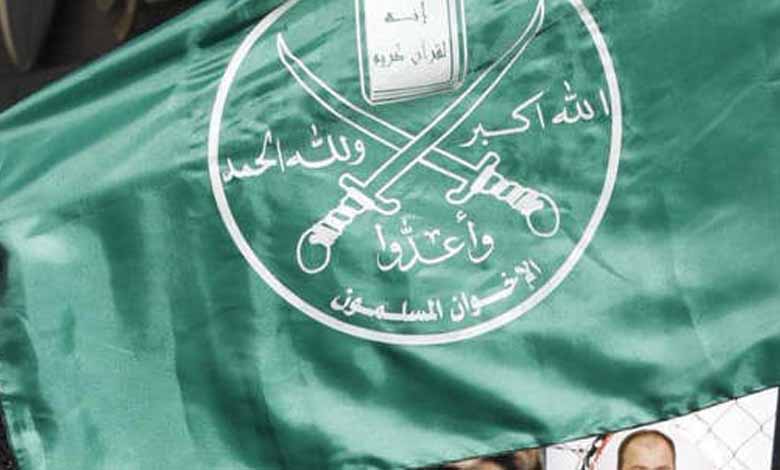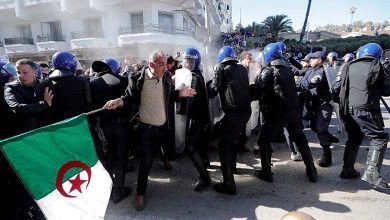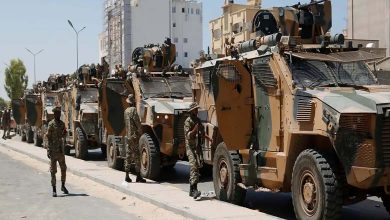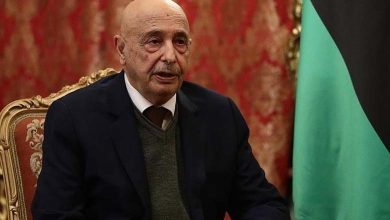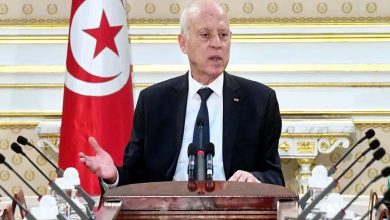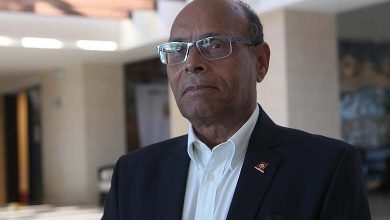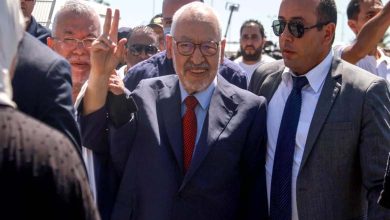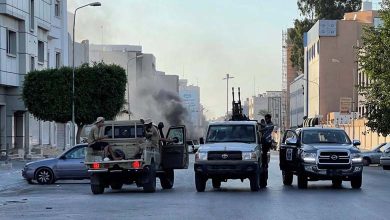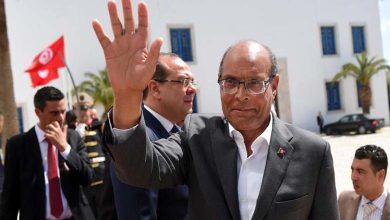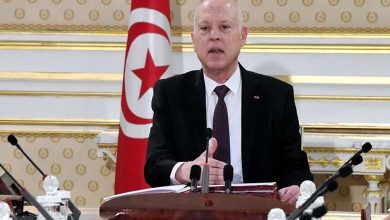Libya: Turkey supports mercenaries in favor of the Muslim Brotherhood

Along with intensive actions and persistent assurances that mercenaries should be expelled from Libyan territory before the parliamentary elections next December, several security reports have followed Turkey’s moves, in contrast to the trend of the local Muslim Brotherhood, to support mercenaries and to transfer new ones to Libya, in a process aimed primarily at undermining the country’s political orientation. This appeared in an analysis published on The Levant website.
In a recent report published a few days ago, the Syrian Observatory for Human Rights reported that Turkey had transferred some 200 new Syrian mercenaries to Libya, despite all international forces demanding that mercenaries be expelled from the country, which was an important step towards the implementation of the political road map and the search for a political solution.
For his part, the Secretary-General of the United Nations, Antonio Guterres, called for a complete and rapid withdrawal of all mercenaries from Libya. The parliamentary elections, as well as the dissolution of all armed militias present in the country and the prevention of foreign intervention in the Libyan region, have put an end to the crisis that has lasted for more than a decade and undoubtedly have an impact on the economic and humanitarian situation in the country.
Some analyzes suggest that Turkey is acting within the country through two main intellectual axes, the first being the Turkish regime’s internal arms of organizing the Muslim Brotherhood, affiliated entities and groups, and Islamist leaders in Libya’s political landscape, including Khaled al-Mechiri, the head of the so-called Supreme State Council. A statement by Libyan military analyst Mohamed Tarhouni indicates that some Libyan parties, blocs and armed arms are loyal to Ankara and pursue their agenda and national interests, and that the movements of certain personalities, their visit to Turkey and their coordination at every stage in the country reflect the extent and proximity of these Libyan factions.
While everyone in Libya, as well as the international community, is trying to organize the parliamentary elections in time as a very important step towards a political solution, with the exception of Turkey, the Brothers and those who implement their programs. Despite all the promises of the international community to get the mercenaries out of the country, Turkey had shown great intransigence in withdrawing its troops, which was a challenge to all international peace efforts in the country. Will Libya return to chaos after losing confidence in the government? It is similar to what Turkey’s official newspaper Ahval reports that Libya is returning to the zone of tension and division after parliament withdrew the trust of Abdulhamid Dabaiba’s government last September, just months before the general election.
While the country was suffering the consequences of external interference, including the intervention of Turkey, which from the outset had weighed on settlement efforts and continued to worsen already strained relations between eastern and western Libya, questions had arisen as to Turkey’s position on the decision to withdraw its confidence in the Government of National Unity and whether it would resume its previous intervention in favor of the former national unity government led by Fayez al-Sarraj, while the decision of the Libyan Parliament itself threatened Turkey’s interests.
The Justice and Construction Party, the Muslim Brotherhood’s political arm, has denounced the parliament’s decision to end trust in Dabaiba’s government, while calling on Libyans to take to the streets to express their opinions, without explicitly commenting on the House’s decision. The President of the Libyan Parliament, Aguila Salah Issa, told the Gulf press that the Turkish Government is paying its military arsenal to Libya, while pretending that the treaty we concluded with the former government of al-Sarraj allows it to remain in Libya, and stressing that no one has the right to conclude agreements with any party without going through the Parliament.
The Libyan Parliament rejected the agreements signed between Turkey and the Fayez al-Sarraj government, noting that the only solution to end the division of the Libyan state, restore institutions and achieve national reconciliation is the election of a head of state by the people. Arab and international efforts are being made to ensure the success of the conference on the stabilization of Libya and the timely holding of elections in the midst of Turkish and Greek mines, aimed at a parallel coordination axis.
In a sense, the Libyan Brotherhood is still trying to block access to elections and destabilize Libya’s political scene in cooperation with its strategic ally Turkey, using the term Khaled al-Mechiri, the head of the so-called « Supreme State » Consultative Council. He also threatened a coup d’état in the general elections if their candidate failed, provided that the vote on the draft constitution, which is permanent for the country before the presidential election is held, was not so much procedural as procedural.
Indeed, as stated by the United Arab Emirates Center for Strategic Studies and Research, events and developments on the Libyan scene demonstrate that the solution to the country can only be Libya, and that the main obstacle to a political settlement between the parties in conflict is the foreign intervention that has helped them to regain their interests and aspirations, regardless of the consequences, and regardless of the price that the inhabitants of the Earth pay for their blood and stability that continues to deteriorate and to be reflected in the lives of most Libyans, despite the wealth of their country that must be exploited for national development and to allow them to live better. The effects of a 10-year crisis, turmoil and conflict have prevented Libya from flourishing and developing, preventing the world from flourishing, and even regressing for years. Its wealth and capabilities have been squandered at a level difficult to measure and count. This is not because Libyans could not find a solution, but because dark hands spread as the crisis neared to sink into the ocean, rekindling the flames of discord and rebellion among the brothers to plunder more wealth and gain more time to gain influence. The Berlin II conference is the only solution to the Libyan crisis, and political dialog must go hand in hand with a commitment by all to respect the terms of the Ceasefire Agreement and the early withdrawal of all foreign forces from Libya; Because their presence will always be the parasite used by those who want to maintain the status quo to ignite discord, whenever they feel that things have been out of control.

